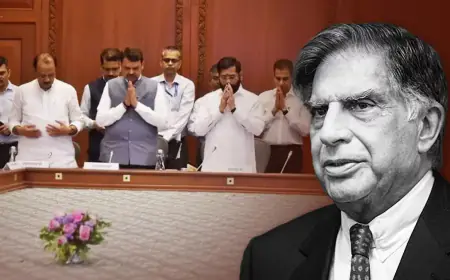HC Judge Objectionable Comments: 'Covering up the wrong thing is not the solution, it should be faced', CJI's comment
Supreme Court, HC Judge Objectionable Comments: On the controversy arising over the demand to stop live streaming of court proceedings, Solicitor General Tushar Mehta told a bench of five judges that social media cannot be controlled. Secrecy makes it very dangerous.

On Wednesday, the Supreme Court disposed of the continuing proceedings relating to the alleged objectionable remarks by Justice V. Srishanand, a judge of the Karnataka High Court, during court deliberations, as the High Court judge had made a public apology on this issue. Chief Justice of India DY Chandrachud, heading a bench of five judges, said this decision has been taken in the interest of justice and keeping in mind the dignity of the judiciary.
In the hearing, Justice V Srishanand of Karnataka High called 'Muslim-dominated' area of Bangalore as Pakistan. A clip related to this case had gone viral. For which the High Court was criticized by the people. After which the Supreme Court itself took cognizance of the Justice's remarks.
While hearing the matter, a 5-member bench has instructed the judges on the need to avoid passing prejudicial remarks against any community. The bench, while underlining that the reporting of proceedings is very extensive in the electronic age, reminded the judges to work with caution and vigilance.
On the controversies arising over the demand to stop live streaming of court proceedings, SG Tushar Mehta told the five-judge bench headed by Chief Justice DY Chandrachud that social media can't be controlled and secrecy makes it very dangerous.
On this, Justice DY Chandrachud said, let me tell you that covering up something wrong is not a solution. It should be faced. The answer to this is not to remain narrow-minded. He said that the answer to this is not to close the doors and shut everything.
A five-judge bench headed by Chief Justice DY Chandrachud said it is important for every stakeholder in the institution to understand that judicial decision-making should be guided only by the values that are enshrined in the Constitution. It is also important that every judge should be aware of his own tendencies. The basic objective of doing justice is impartiality and fairness.
The Supreme Court said that when social media plays an important role in monitoring the proceedings in the courtroom, there is an urgent need to ensure that judicial comments are in accordance with the decorum expected from courts of law.
For Latest News update Subscribe to Sangri Today's Broadcast channels on Google News | Telegram | WhatsApp

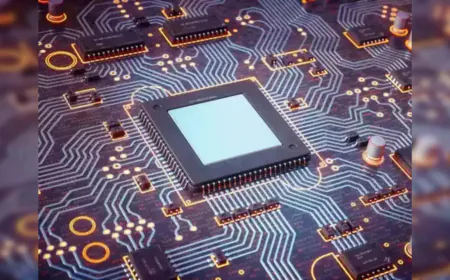





























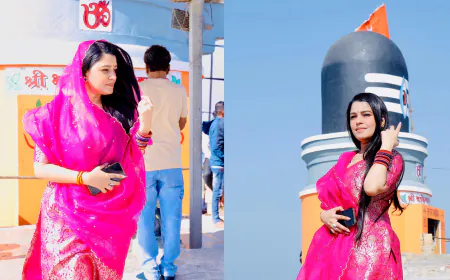


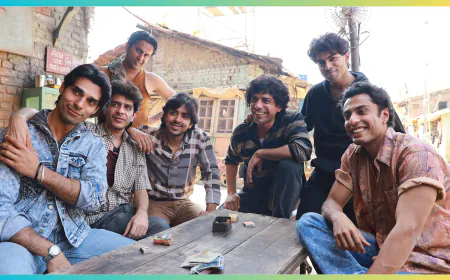





















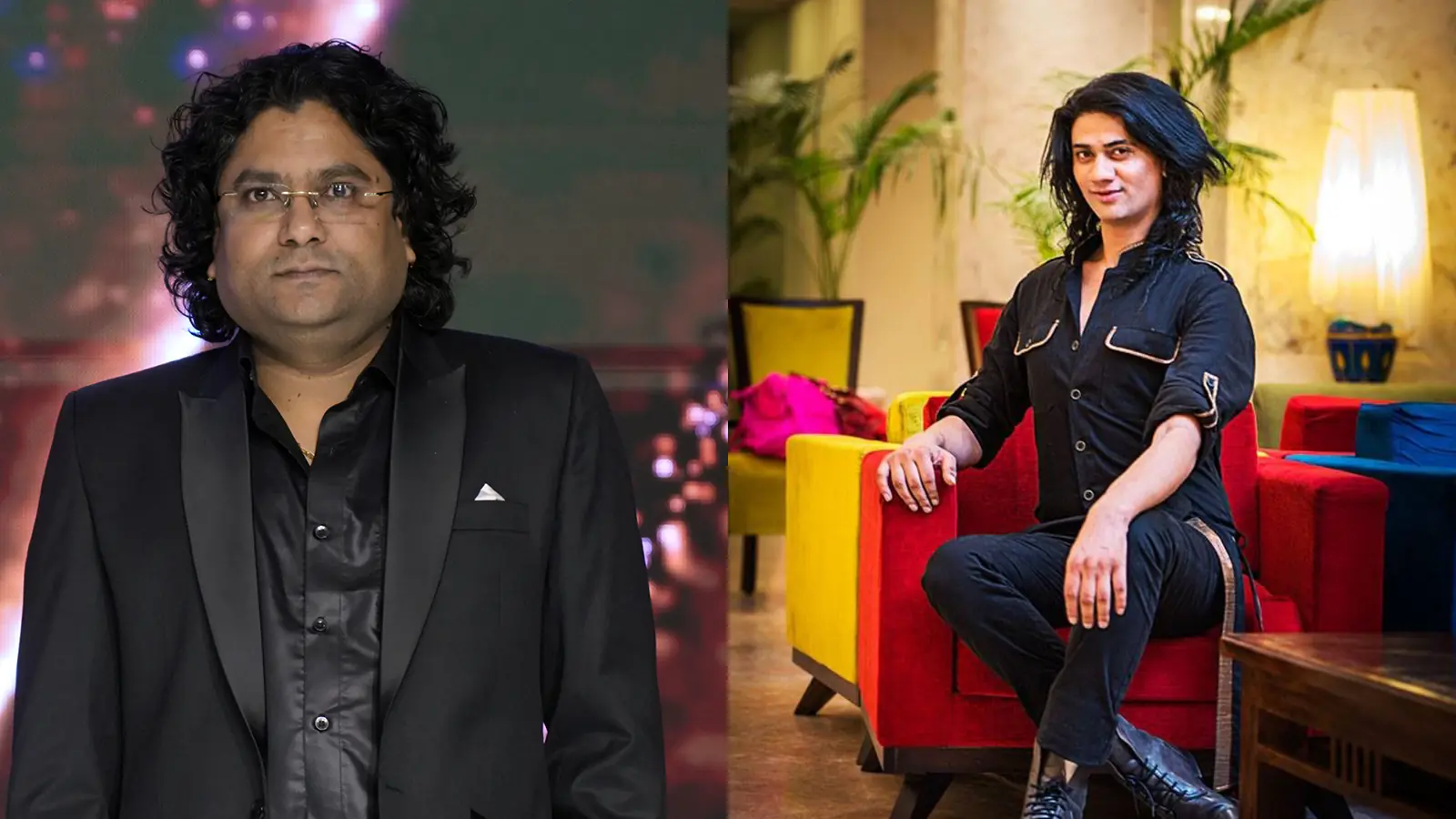





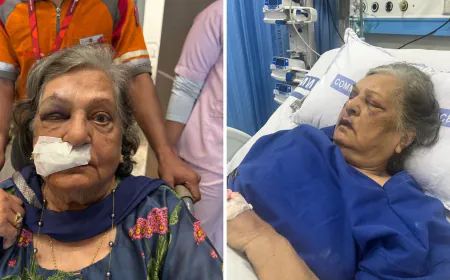



















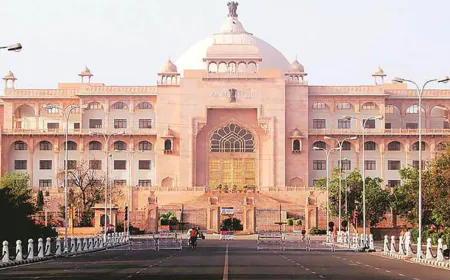


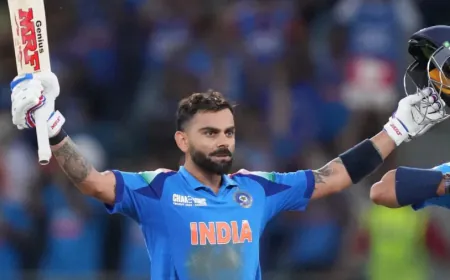






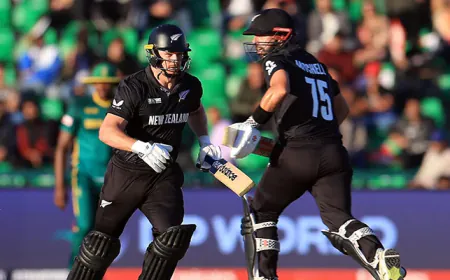
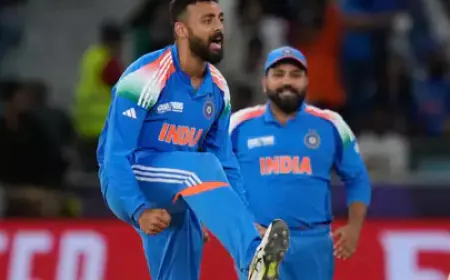
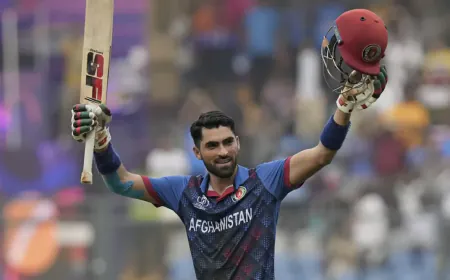


















.jpeg)





